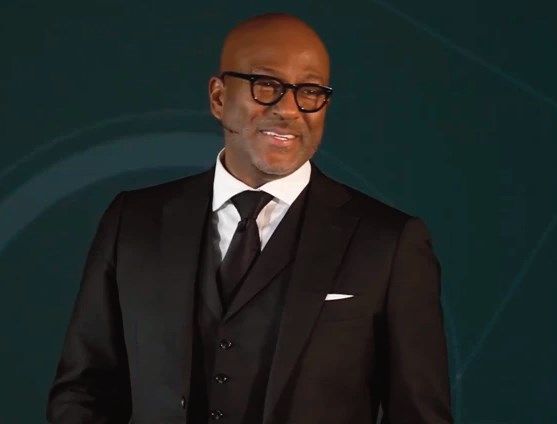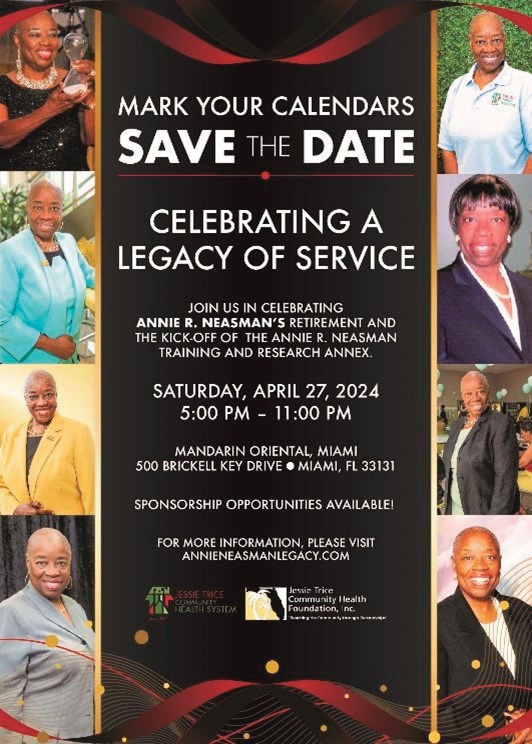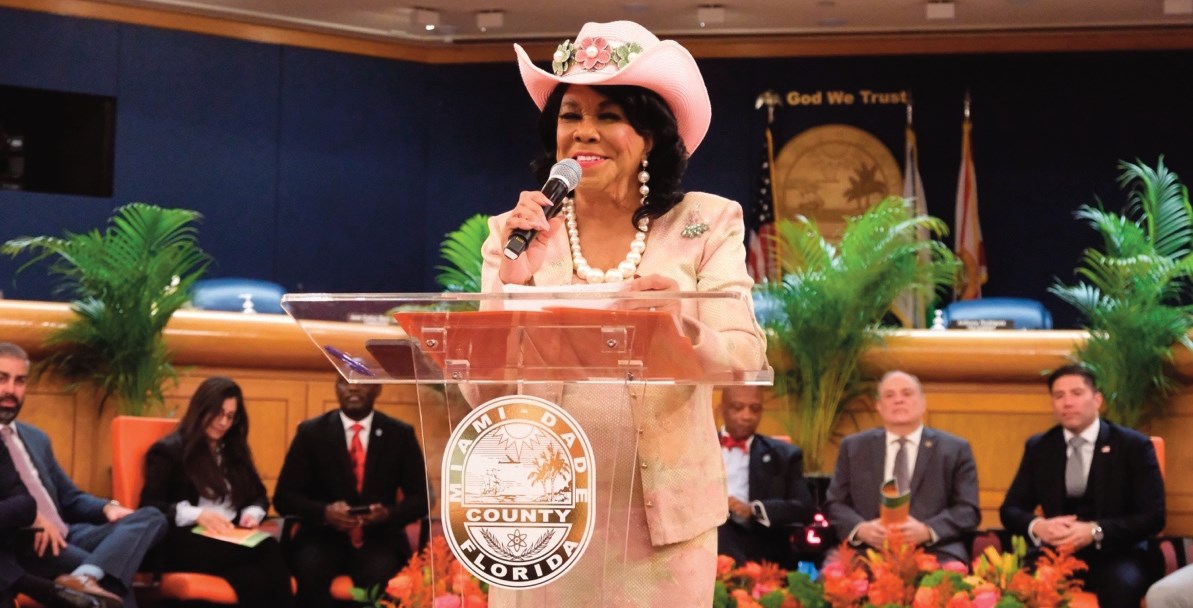 “My dear brothers, take note of this: everyone should be quick to listen, slow to speak and slow to become angry.”
“My dear brothers, take note of this: everyone should be quick to listen, slow to speak and slow to become angry.”
– James 1:19 NIV (The Message Bible)
When we talk too much and listen to little, we communicate to others that we think our ideas are much more important than theirs. James (1:19) wisely advises us to reverse this process. If you put a stop watch on your conversations and kept track of how much you talk, and how much you listen, would you think you talk too much or too little?
Listening is an art, and so is speaking. With practice, listening can become a highly developed skill that can lead to greater knowledge; resulting in wisdom, understanding, clear interpretation of facts, and intentions.
Good listeners are a treasure to most people, and organizations, because they often become the most critical thinkers. Most good listeners would agree, “We hear more when we say less.”
Many listen with the intent to find fault; forming points of rebuttal rather than hearing what is truly being said. God wants us to hear each other and especially to hear Him. If we openly listen we hear more clearly what God and others want us to hear.
In another biblical passage, the ‘Parable of the Wicked Tenant’ (Matthew 21:33), we are told God built a fence around His vineyard (which includes all his children). The fence is symbolic of the Old Testament covenant. In marriages today couples are struggling to effectively communicate with each other. Why? Because marriages today are ‘contracts’ based more upon partnership agreements, (i.e. prenuptial agreements), and less upon a biblical covenant, so our word as human beings has less and less value, and meaning.
In covenant marriages we learn that God speaks, and it is He who teaches us how to speak and to listen carefully to each other. We follow his teaching by honoring the commitments made at the alter by husbands and wives.
God waits, being gracious to all, (whether married or single) to see if we are going honor commitments made to Him, as tenants in His vineyard. By attentively listening to Him and others, we show ourselves faithful to Him and His Word.
James (Jesus’ brother) advises us to get rid of all that is wrong in our lives and humbly accept salvation’s message, which is “the word (He) planted in you, which can save you” (James 1:21).
James (1:20), speaks of the anger that erupts when our egos are bruised – we say then, “I am hurt, my opinions are not being heard.” When injustice and sin occur, we should become angry because people are being hurt. But we should not become angry when we fail to win an argument or when we feel offended or neglected. Selfishness never helps anybody.
In the Parable of the Wicked Tenant, the landowner sent many servants to collect the rent from His harvest, but the “Wicked Tenants” beat one, stoned the other, and killed the third. The servants sent by the landowner were symbolic of the Old Testament Prophets. Israel knew in its history; God had sent, Jeremiah and they beat him, God sent Isaiah and they killed him, and they stoned Zechariah. But at no time did they listen.
The religious leaders in the parable refused to hear, because they were too busy finding fault with and indicting Jesus; to busy talking to understand His message, just as they had not listened to the prophets. This is why Christ spoke in parables, in the first place, because Christ knew good listeners, would hear more, often, because they said less.
When we listen to find fault, we are forming rebuttals to points that God wants us to hear. If we listen with an open heart, we hear more clearly what God wants us to hear.
The Rev. Dr. R. Joaquin Willis is pastor of the Church of the Open Door UCC in Miami’s Liberty City community. He may be reached at 305-759-0373 or pastor@churchoftheopendoormiami.org











No Comment